Anti-Racism Statement
Standing Together Against Racism at Cheshire and Wirral Partnership NHS Foundation Trust, our position is clear: racism, in any form, is unacceptable.
We recognise that racism exists – whether visible or hidden within systems, structures, or assumptions – and we understand that standing by and doing nothing allows it to persist.
We therefore operate a policy of Zero Tolerance towards any act or form of racism or racist behaviours.
Our Commitment As a Trust:
- We will not be bystanders.
- We will call out racism whenever we encounter it.
- We will continue to design and deliver services that are fair and accessible to everyone.
- We will ensure our policies, processes, and leadership reflect the diversity of the people we serve.
- We will track our progress openly, listen to feedback, and act on what we learn – See. Act. Do.
Ongoing Action
Being anti-racist is not a single action; it is an ongoing commitment from every one of us to demonstrate courage, honesty, and accountability at every opportunity.
Our promise: if racism appears, we will face it directly, remove it decisively, and learn from the experience to ensure it does not return.
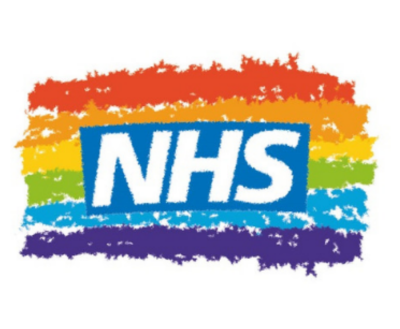
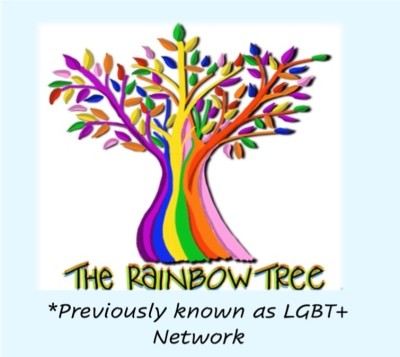
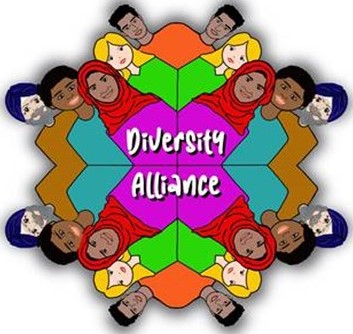
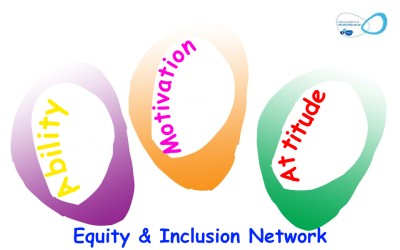

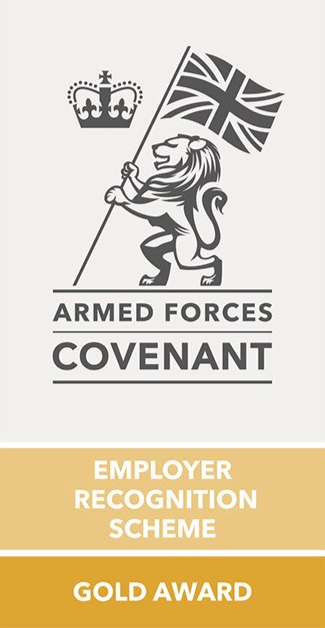
 Veteran Aware
Veteran Aware